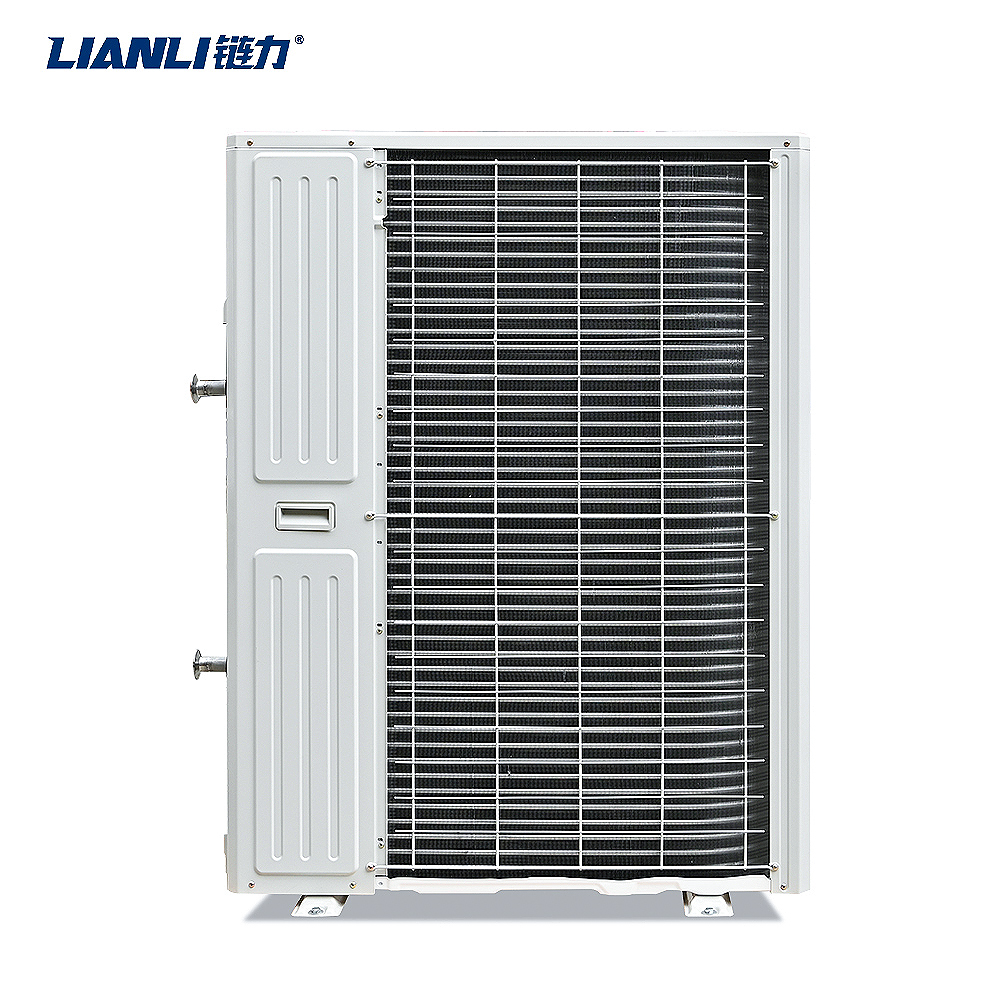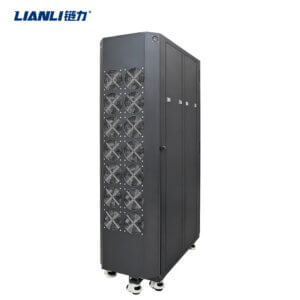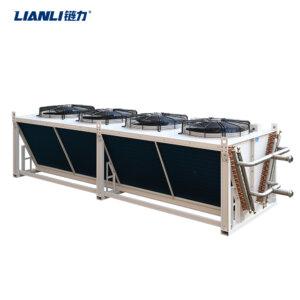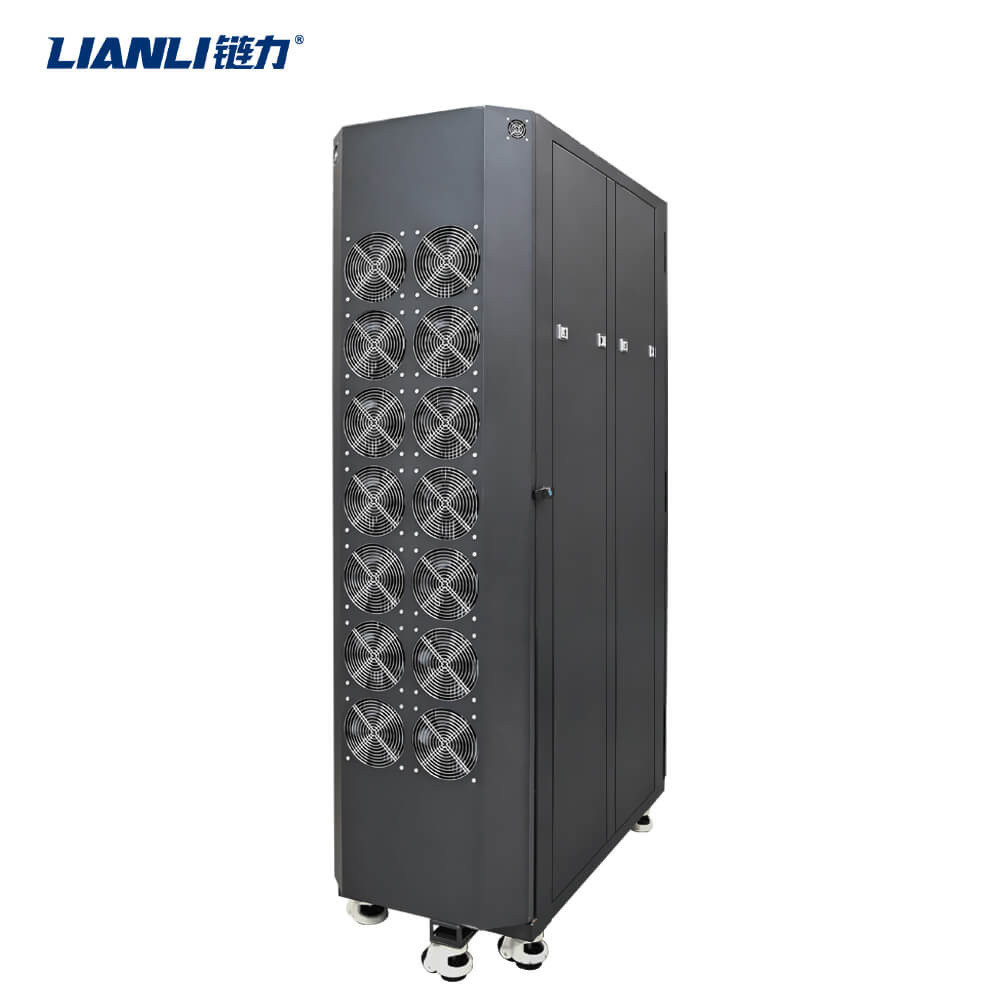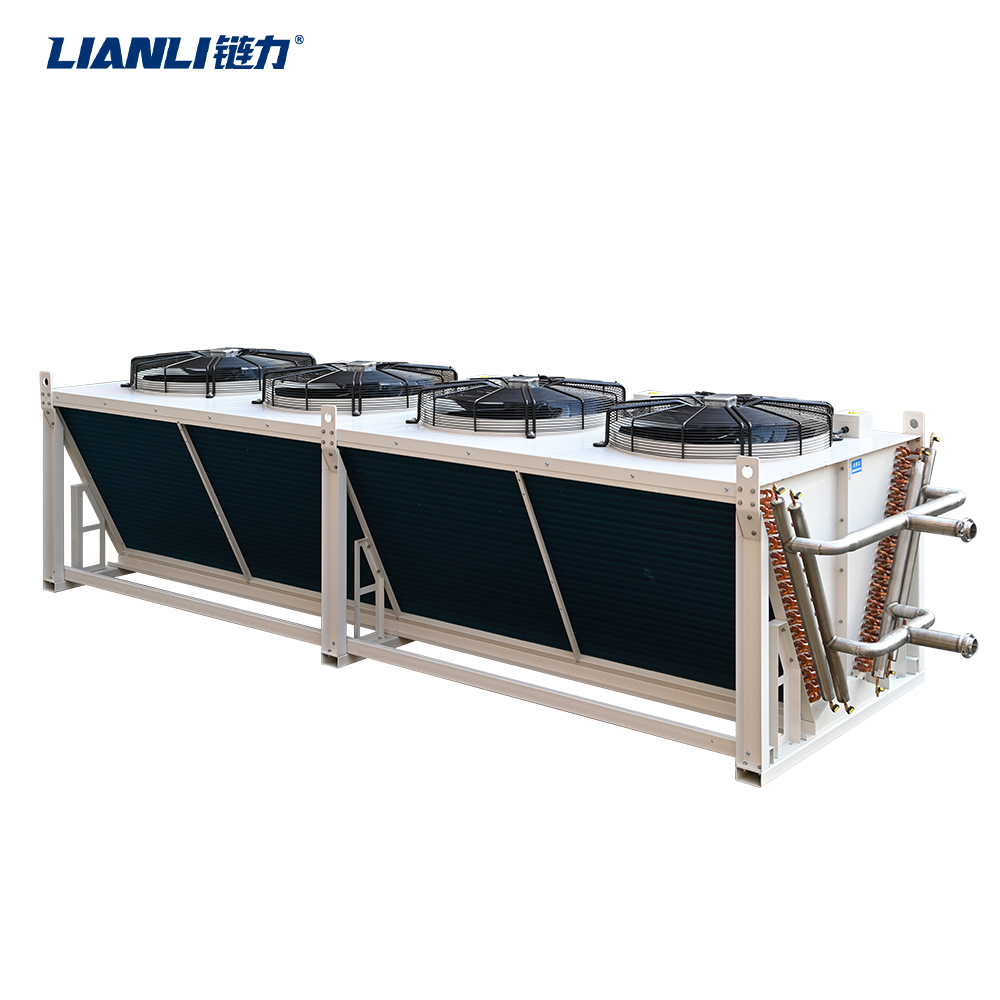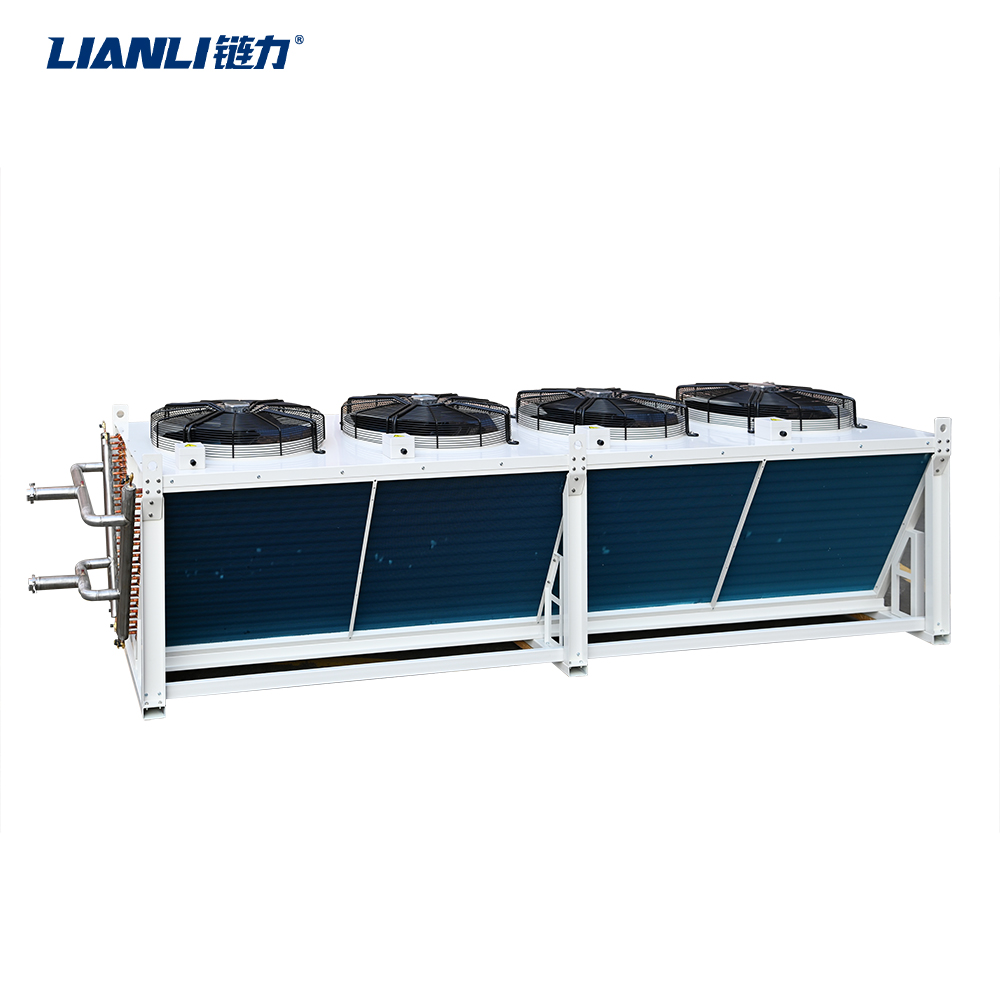HOST ANTMINER S21 Hyd.: Why Water Cooling Is the Future of Mining .Infrastructure
The cryptocurrency mining landscape is undergoing a significant transformation, driven by the relentless pursuit of higher efficiency, lower operational costs, and sustainable practices. At the forefront of this evolution stands the ANTMINER S21 Hyd., a revolutionary water-cooled mining rig from Bitmain that exemplifies the future of mining infrastructure. This article explores why water cooling, as demonstrated by the ANTMINER S21 Hyd., is rapidly becoming the dominant paradigm for serious mining operations.
The Heat Problem in Traditional Air-Cooled Mining
Conventional mining farms rely heavily on air cooling, utilizing powerful fans and complex ventilation systems to dissipate the immense heat generated by ASIC miners like the ANTMINER S21 (air-cooled version). This approach presents several critical challenges:
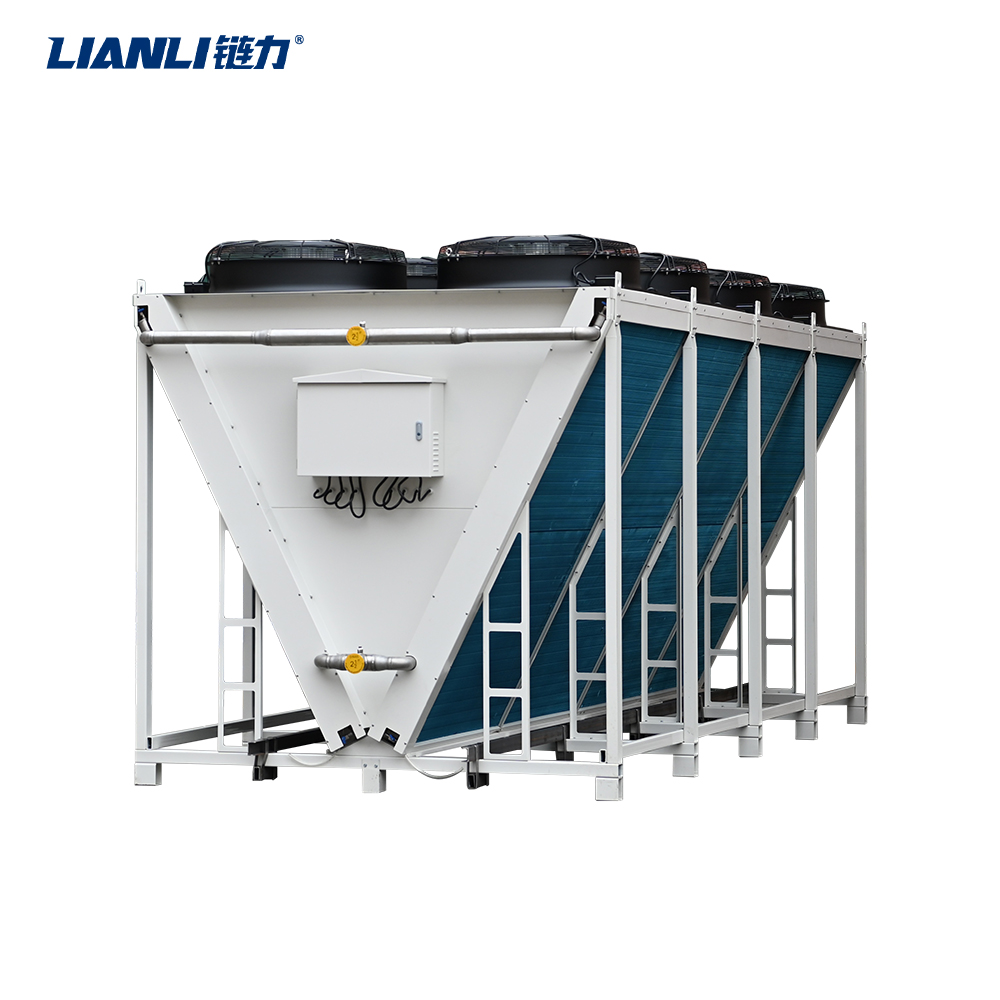
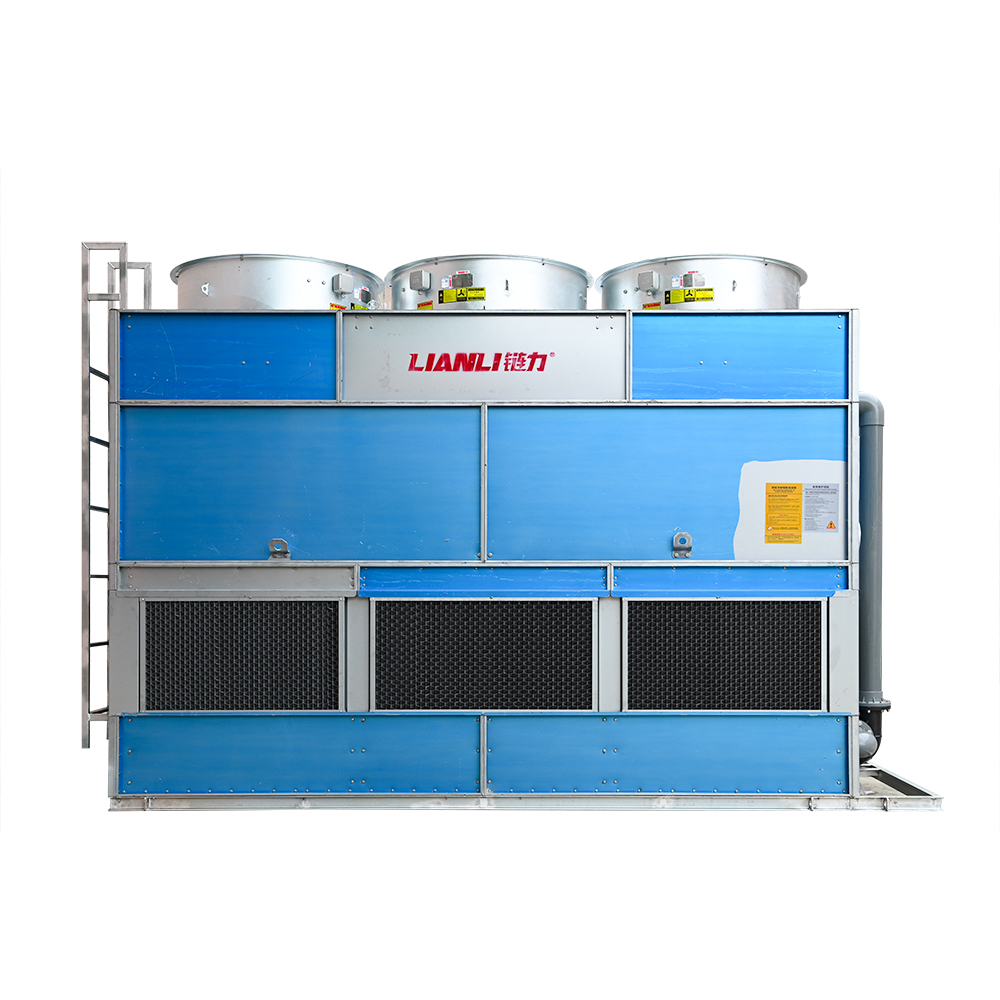
 While the ANTMINER S21 Hyd. is a flagship example, the principles it embodies point to a broader industry shift:
While the ANTMINER S21 Hyd. is a flagship example, the principles it embodies point to a broader industry shift:
- Energy Inefficiency: A substantial portion of the total energy consumed by an air-cooled farm (often 30-50%) is dedicated solely to cooling – running fans, chillers, and HVAC systems. This drastically reduces the overall Power Usage Effectiveness (PUE).
- Noise Pollution: The constant roar of high-speed fans creates an unbearable working environment and limits where mining facilities can be located, often requiring remote, isolated sites.
- Space Constraints & Dust: Air cooling requires significant space for airflow and heat dissipation. Dust accumulation on heatsinks and components necessitates frequent, costly cleaning and increases the risk of hardware failure.
- Thermal Throttling & Performance Instability: Fluctuating ambient temperatures and inadequate airflow can cause ASIC chips to overheat, leading to thermal throttling, reduced hash rates, and inconsistent performance.
- Unmatched Energy Efficiency: Water cooling is inherently far more efficient at transferring heat than air. The ANTMINER S21 Hyd. achieves a remarkably low PUE, often approaching 1.05-1.1, compared to 1.3-1.8 for typical air-cooled setups. This means nearly all the power drawn goes directly to mining, drastically reducing electricity costs per terahash.
- Near-Silent Operation: Eliminating noisy fans results in an almost silent mining rig. This opens up possibilities for locating data centers in urban areas, repurposed buildings, or even integrating mining heat into district heating systems, significantly increasing location flexibility.
- Superior Heat Density Management: Water cooling allows for much higher power density within a data center. More ANTMINER S21 Hyd. units can be packed into a smaller footprint without overheating concerns, maximizing space utilization and scalability.
- Enhanced Stability and Longevity: Liquid cooling provides exceptionally stable operating temperatures for the ASIC chips, preventing thermal throttling and ensuring consistent, peak hash rate performance. The sealed environment also protects components from dust and corrosion, leading to longer hardware lifespan and reduced maintenance.
- Heat Reuse Potential: The hot water generated by the ANTMINER S21 Hyd. (typically 40-50°C) is a valuable byproduct. This thermal energy can be captured and reused for space heating, industrial processes, or even greenhouse agriculture, turning a waste product into a revenue stream and further improving the overall energy efficiency of the operation.


 While the ANTMINER S21 Hyd. is a flagship example, the principles it embodies point to a broader industry shift:
While the ANTMINER S21 Hyd. is a flagship example, the principles it embodies point to a broader industry shift:
- Sustainability Imperative: As environmental concerns grow, the superior energy efficiency and potential for heat reuse make water-cooled mining a more sustainable choice, aligning better with ESG (Environmental, Social, Governance) goals.
- Economic Advantage: The significant reduction in cooling energy costs directly translates to higher profitability, especially as electricity prices rise. The ability to reuse heat adds another layer of economic benefit.
- Scalability and Innovation: Water cooling enables the construction of larger, more densely packed mining facilities. It also paves the way for integrating mining with other energy-intensive industries or renewable energy sources more effectively.
- Infrastructure Evolution: Hosting providers and large-scale miners are increasingly investing in water-cooled infrastructure, recognizing its long-term benefits. The availability of rigs like the ANTMINER S21 Hyd. accelerates this adoption.
